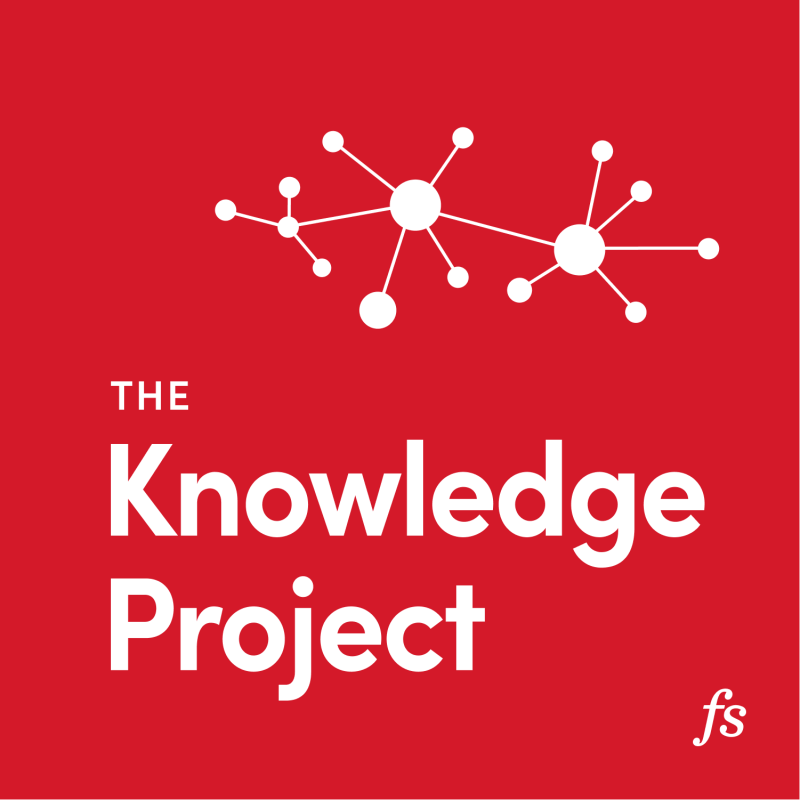My guest today is Robert Cialdini who is known as “The Godfather of Influence.” Cialdini is a foundational expert in the science of influence and applying it to get better results.
We discuss the seven small things that make a huge impact in influencing others. We go deep into the specifics tactics, how they work, and how we defend against them. This episode is jam-packed with practical advice that will make you more persuasive in life.
Listen and Learn: YouTube | Apple Podcasts | Spotify | Transcript
Cialdini’s books, Influence: Psychology of Persuasion and Pre-Suasion, have sold more than 7 million copies in 44 different languages, and he is the Regents’ Professor Emeritus of Psychology and Marketing at Arizona State University.
Members get access to the full episode. Join now to see what you’re missing.
Here are a few highlights from the conversation:
Easily the way to do it that’s least costly is to give information to people about things that will improve their outcomes in any given situation, white papers, tips about the top three things to do to improve their outcomes and something, not based on our product or service.
And so it’s when you recognize that those particular levers of influence are effective and coop them to your behalf rather than simply uncovering them for the audience member, which I think is not just ethical, I think it’s commendable to provide that kind of information to people, that kind of education to people.
People want more of those things they can have less of. We find that those items that are rare, scarce, dwindling in availability are more attractive to us.
Anytime you’re running a meeting and you’ve given members of your team tasks to perform and complete before the next meeting, don’t let anybody out of that room until you ask the question, will you be able to complete this by our next meeting, and pause. If the answer is no, that’s actually good for a manager to know.
When we encounter a new piece of information relative to a decision or a choice that we’ve made and that we get a chance to change, we need to say, “If I knew this when I first made my choice, if that was part of this decision, would I have made the same choice or would this have had enough weight to move me?”
And so much more.

